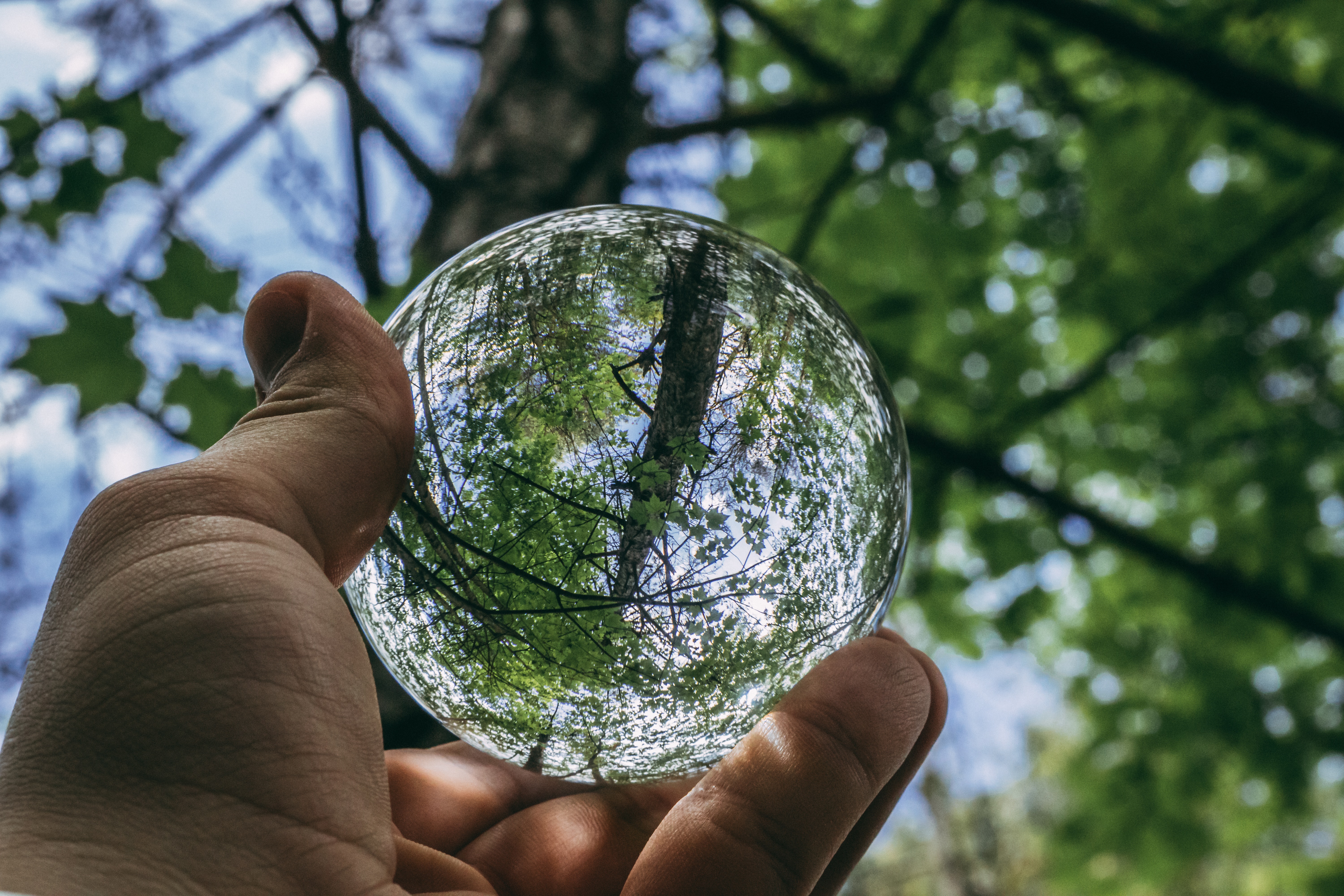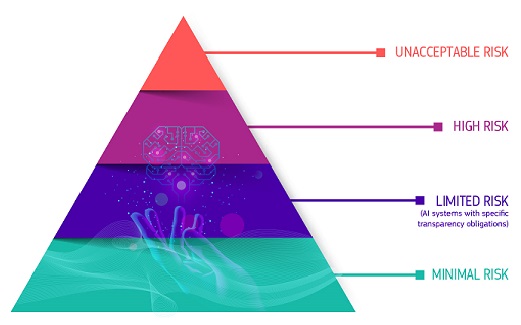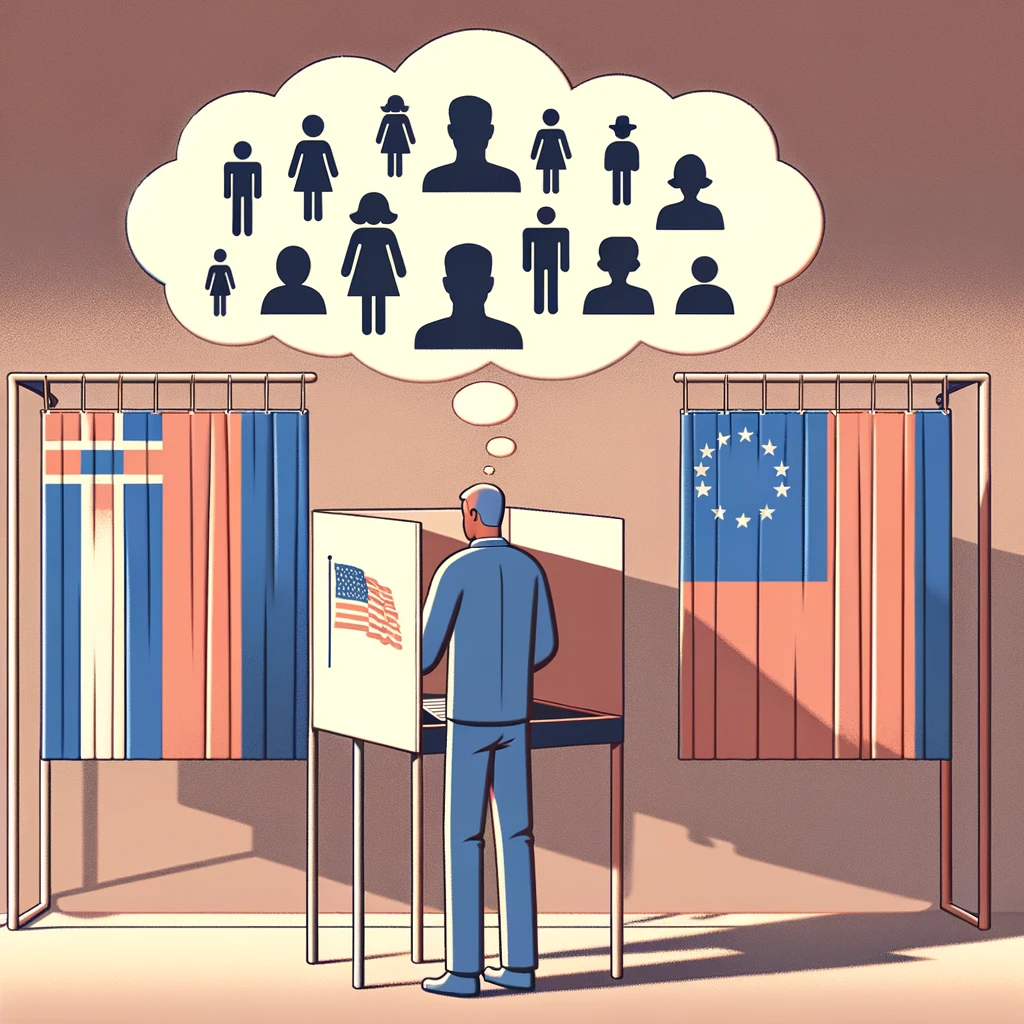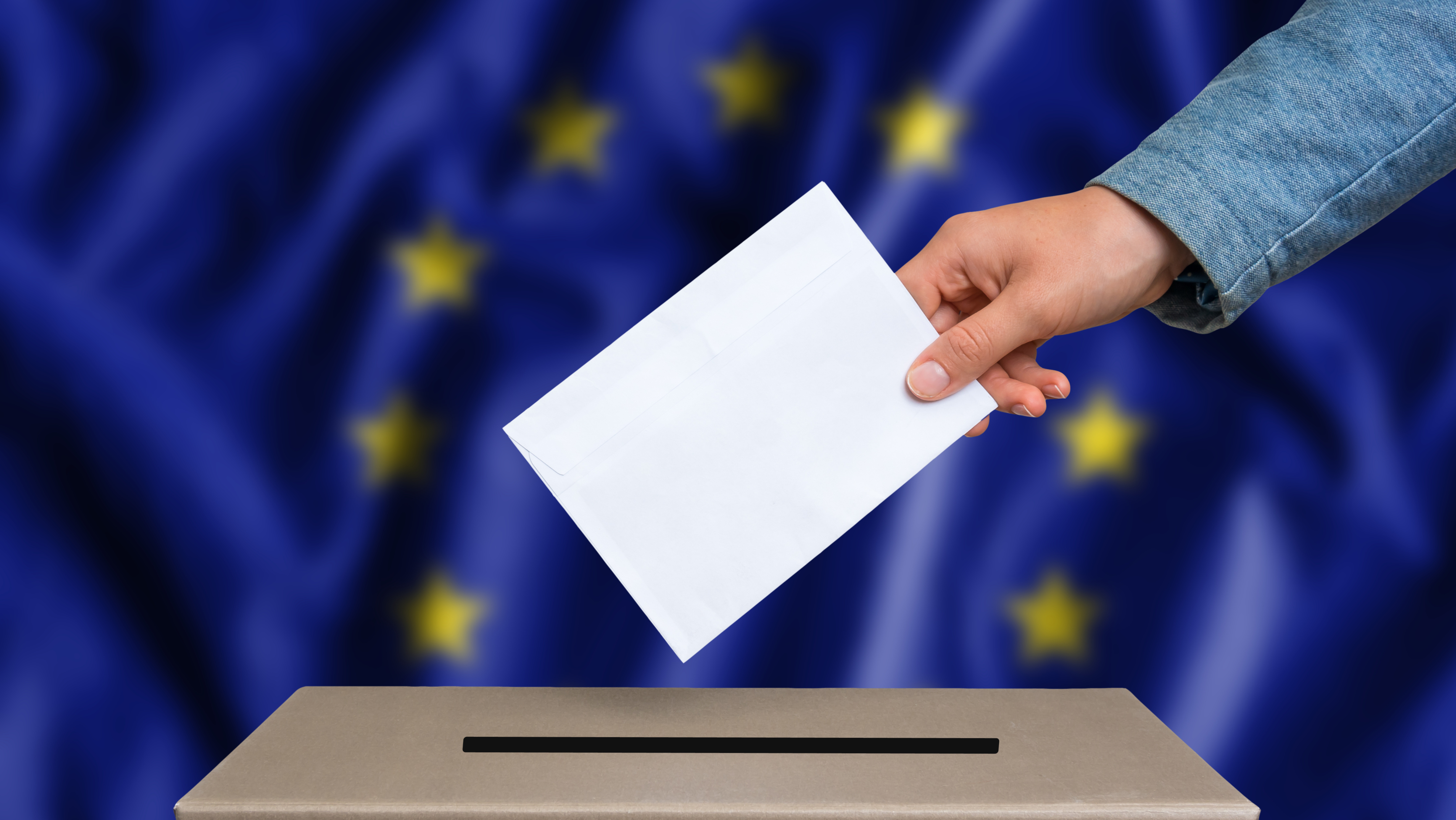Besides the tremendous heat wave we are experiencing these weeks, there are many things that encourage my reflection on climate change these days. But beyond focusing only on the disastrous consequences of decades of reckless activities harmful to our environment, I like to discover new ways in which people are creating a positive impact. How do I find about this? Well, word of mouth is of course part of it, but most movements I have discovered– and maybe so have you– have been from the hours I spend constantly scrolling online. Technology and digital communications play a huge role in this process. Although that’s no surprise.
The most recent example of this potential is probably the #plasticfreejuly movement, which addresses one of the world’s greatest environmental challenge, excessive plastic waste. This project started out as a simple initiative and has made its way into an independent foundation with millions of registered participants around the globe from around 150 different countries, interested on how to reduce plastic waste on their lives. Following the trend on twitter, it is so motivating to see that thousands of people are putting efforts on completing the challenge, sharing experiences and giving and taking advice from people all around the world.
Online skills have made their way to become powerful tools for environmental activists to create awareness of the biggest challenges. It also provides individuals with the possibilities to access tips and best practices that people find. The growth of eco-communities has by now overcome local and national barriers. Even controversial algorithms can serve to find more related content once. I guess there is always a positive side to things.
Another case to illustrate these benefits and impact can be the case of crowdfunding platforms, like kickstarter, which have become a great opportunity for the funding of new sustainable products, or concepts giving a kick to social entrepreneurship to enter the market. The platform makes it possible for individuals to decide what they want on the market, it’s stopping big investors being the only one’s deciding what is ‘good business’. Producers are normally very transparent on the types of materials they use and the production processes.
This is the result of an ever more media-literate society, on one side individuals are learning how to make use tools that we find online, and on the other side, having the ability to develop them.
Despite the positives, everything has its negatives. In a post-truth era, media information literacy is more relevant than ever in the context of environmental awareness, as media itself faces challenges with hoaxes, disinformation, pre-constructed text in media messages, and let us not forget the formation of echo-chambers, making a great tool into a double-edged sword.
The latter, for example, as much as it is supposed to improve the user experience, it also creates semi-parallel worlds online, which creates an effect that makes you think that most people think the way you do. This makes the process of interaction difficult, as well as the effective exchange of ideas among individuals with different perspectives on a topic. This then becomes a barrier for constructive conversations,and marginalizes sectors of the online community making us more prone to be polarize our ideas.
Critical thinking skills become– well, critical to be able to identify this false or incoherent premises.
Also, more traditional media and mainstream advertisement construct media messages. It is no news that these promote unsustainable practices and consumption for the benefit of environmentally destructive industries. Although the choice is ultimately ours, it is important to read, analyse and question the messages transmitted before questioning our actions and sustainable choices. For example, why do we get the feeling we have no clothes every time we see a new clothing season announced?
So, the path to becoming more conscious citizens in this world is presented with so many challenges, some of them coming from top down — meaning policywise– and should be managed with a multi-stake holder approach. However, it is good news to already see– from the bottom top view– more innovative processes becoming more popular, and environmental causes getting more visibility with the help of digital competences and media literacy skills.
And yes, it’s 37 degrees outside in Belgium, but even though in the warmest, hopeless days, let’s keep positive.
Besides the tremendous heat wave we are experiencing these weeks, there are many things that encourage my reflection on climate change these days. But beyond focusing only on the disastrous consequences of decades of reckless activities harmful to our environment, I like to discover new ways in which people are creating a positive impact. How do I find about this? Well, word of mouth is of course part of it, but most movements I have discovered– and maybe so have you– have been from the hours I spend constantly scrolling online. Technology and digital communications play a huge role in this process. Although that’s no surprise.
The most recent example of this potential is probably the #plasticfreejuly movement, which addresses one of the world’s greatest environmental challenge, excessive plastic waste. This project started out as a simple initiative and has made its way into an independent foundation with millions of registered participants around the globe from around 150 different countries, interested on how to reduce plastic waste on their lives. Following the trend on twitter, it is so motivating to see that thousands of people are putting efforts on completing the challenge, sharing experiences and giving and taking advice from people all around the world.
Online skills have made their way to become powerful tools for environmental activists to create awareness of the biggest challenges. It also provides individuals with the possibilities to access tips and best practices that people find. The growth of eco-communities has by now overcome local and national barriers. Even controversial algorithms can serve to find more related content once. I guess there is always a positive side to things.
Another case to illustrate these benefits and impact can be the case of crowdfunding platforms, like kickstarter, which have become a great opportunity for the funding of new sustainable products, or concepts giving a kick to social entrepreneurship to enter the market. The platform makes it possible for individuals to decide what they want on the market, it’s stopping big investors being the only one’s deciding what is ‘good business’. Producers are normally very transparent on the types of materials they use and the production processes.
This is the result of an ever more media-literate society, on one side individuals are learning how to make use tools that we find online, and on the other side, having the ability to develop them.
Despite the positives, everything has its negatives. In a post-truth era, media information literacy is more relevant than ever in the context of environmental awareness, as media itself faces challenges with hoaxes, disinformation, pre-constructed text in media messages, and let us not forget the formation of echo-chambers, making a great tool into a double-edged sword.
The latter, for example, as much as it is supposed to improve the user experience, it also creates semi-parallel worlds online, which creates an effect that makes you think that most people think the way you do. This makes the process of interaction difficult, as well as the effective exchange of ideas among individuals with different perspectives on a topic. This then becomes a barrier for constructive conversations,and marginalizes sectors of the online community making us more prone to be polarize our ideas.
Critical thinking skills become– well, critical to be able to identify this false or incoherent premises.
Also, more traditional media and mainstream advertisement construct media messages. It is no news that these promote unsustainable practices and consumption for the benefit of environmentally destructive industries. Although the choice is ultimately ours, it is important to read, analyse and question the messages transmitted before questioning our actions and sustainable choices. For example, why do we get the feeling we have no clothes every time we see a new clothing season announced?
So, the path to becoming more conscious citizens in this world is presented with so many challenges, some of them coming from top down — meaning policywise– and should be managed with a multi-stake holder approach. However, it is good news to already see– from the bottom top view– more innovative processes becoming more popular, and environmental causes getting more visibility with the help of digital competences and media literacy skills.
And yes, it’s 37 degrees outside in Belgium, but even though in the warmest, hopeless days, let’s keep positive.
Besides the tremendous heat wave we are experiencing these weeks, there are many things that encourage my reflection on climate change these days. But beyond focusing only on the disastrous consequences of decades of reckless activities harmful to our environment, I like to discover new ways in which people are creating a positive impact. How do I find about this? Well, word of mouth is of course part of it, but most movements I have discovered– and maybe so have you– have been from the hours I spend constantly scrolling online. Technology and digital communications play a huge role in this process. Although that’s no surprise.
The most recent example of this potential is probably the #plasticfreejuly movement, which addresses one of the world’s greatest environmental challenge, excessive plastic waste. This project started out as a simple initiative and has made its way into an independent foundation with millions of registered participants around the globe from around 150 different countries, interested on how to reduce plastic waste on their lives. Following the trend on twitter, it is so motivating to see that thousands of people are putting efforts on completing the challenge, sharing experiences and giving and taking advice from people all around the world.
Online skills have made their way to become powerful tools for environmental activists to create awareness of the biggest challenges. It also provides individuals with the possibilities to access tips and best practices that people find. The growth of eco-communities has by now overcome local and national barriers. Even controversial algorithms can serve to find more related content once. I guess there is always a positive side to things.
Another case to illustrate these benefits and impact can be the case of crowdfunding platforms, like kickstarter, which have become a great opportunity for the funding of new sustainable products, or concepts giving a kick to social entrepreneurship to enter the market. The platform makes it possible for individuals to decide what they want on the market, it’s stopping big investors being the only one’s deciding what is ‘good business’. Producers are normally very transparent on the types of materials they use and the production processes.
This is the result of an ever more media-literate society, on one side individuals are learning how to make use tools that we find online, and on the other side, having the ability to develop them.
Despite the positives, everything has its negatives. In a post-truth era, media information literacy is more relevant than ever in the context of environmental awareness, as media itself faces challenges with hoaxes, disinformation, pre-constructed text in media messages, and let us not forget the formation of echo-chambers, making a great tool into a double-edged sword.
The latter, for example, as much as it is supposed to improve the user experience, it also creates semi-parallel worlds online, which creates an effect that makes you think that most people think the way you do. This makes the process of interaction difficult, as well as the effective exchange of ideas among individuals with different perspectives on a topic. This then becomes a barrier for constructive conversations,and marginalizes sectors of the online community making us more prone to be polarize our ideas.
Critical thinking skills become– well, critical to be able to identify this false or incoherent premises.
Also, more traditional media and mainstream advertisement construct media messages. It is no news that these promote unsustainable practices and consumption for the benefit of environmentally destructive industries. Although the choice is ultimately ours, it is important to read, analyse and question the messages transmitted before questioning our actions and sustainable choices. For example, why do we get the feeling we have no clothes every time we see a new clothing season announced?
So, the path to becoming more conscious citizens in this world is presented with so many challenges, some of them coming from top down — meaning policywise– and should be managed with a multi-stake holder approach. However, it is good news to already see– from the bottom top view– more innovative processes becoming more popular, and environmental causes getting more visibility with the help of digital competences and media literacy skills.
And yes, it’s 37 degrees outside in Belgium, but even though in the warmest, hopeless days, let’s keep positive.























































































































































